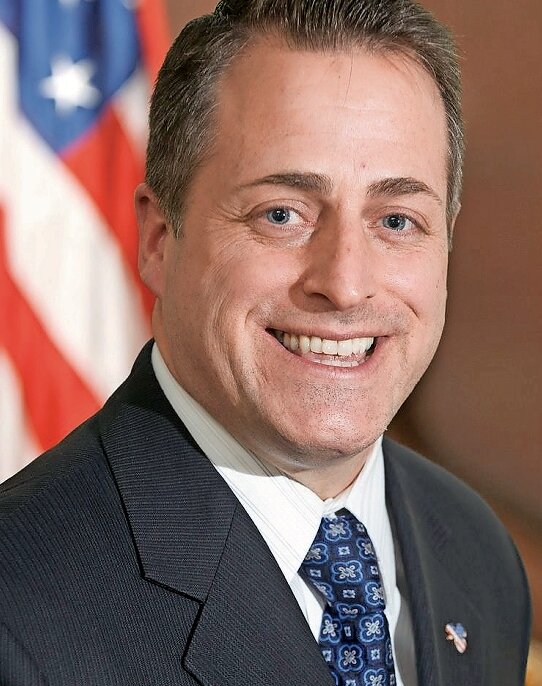In vitro fertilization is worth fighting for
One of the greatest joys an individual or couple can experience is the birth of a child. Unfortunately for millions of people, that joy is denied, though sometimes only temporarily, due to infertility. It is estimated that one in eight individuals or couples have trouble getting pregnant or sustaining a pregnancy.
The rapid advancement of medical technology in the field of reproductive endocrinology and infertility has led to the development of several treatments, but none is more promising or has been more successful than in vitro fertilization. IVF is a series of medical procedures that can help someone who is having difficulty conceiving become pregnant. During the process, mature eggs are taken from ovaries and fertilized by sperm in a laboratory. The fertilized eggs or embryos are then medically placed in a uterus.
A full cycle of IVF takes two to three weeks. In many instances, the fertilized embryos are frozen and stored for future implantation.
Since its clinical approval in 1978, IVF has provided infertile people the best opportunity to conceive and have children. Between 2017 and 2019, 10 percent of women between ages 15 and 44 received fertility treatments, and IVF resulted in 90,000 births. The procedure’s use continues to grow, with nearly 100,000 infants being born in 2021. IVF has been shown to have a 44.5 percent success rate for women younger than 35. Its acceptance and popularity in the United States is undeniable, with 42 percent of adults saying they know someone who has used IVF to have a child.
The ability to take advantage of IVF is closely linked to the procedure’s affordability. The cost of IVF treatments can be well in excess of $20,000. Due to its high cost in New York state, I cosponsored Assembly Bill 2646-A in 2018, which required insurance companies to provide coverage for IVF treatments. That legislation became law in 2019.
Despite the significant steps that have been taken to increase its availability, IVF has come under direct threat, thanks to a ruling by the Alabama Supreme Court in February. The case arose from an incident at an IVF treatment clinic in which the frozen embryos of three couples were accidentally destroyed. The couples sued the clinic for negligence and wrongful death. In its decision, the state court declared that embryos created through IVF should be considered human beings, and as such granted all legal rights and protections under the law.
The ruling immediately forced three of the eight fertility clinics in Alabama to pause their IVF treatments out of concern that physicians might face civil liability or criminal prosecution if they rendered the treatment. Since the decision, the Alabama state legislature has passed laws protecting IVF providers from legal liability.
In response to the Alabama ruling, State Sen. Jack Martins and I filed legislation that would protect IVF in New York. Despite the fact that New York law is the opposite of Alabama law when it comes to the definition of human life, there is a glaring absence of a definition of the legal status of fertilized embryos that have been frozen for the purpose of IVF treatments. My legislation, Assembly Bill 9412, seeks to amend state Public Health Law Section 2599 by providing that any fertilized human ovum or embryo existing outside a uterus shall not be considered an unborn child, a minor child, a natural person or any other term that connotes a human being.
This legislation is needed to protect the availability of IVF treatments in New York by providing legal clarification, so that fertility centers and physicians aren’t exposed to civil liabilities and possibly criminal sanctions. The bill has been assigned to the Assembly Health Committee, where I hope it will be immediately considered and presented for a vote.
IVF offers hope to millions of people who are having trouble becoming parents. No matter a person’s political affiliation, religious beliefs or gender, no one should ever take any action that jeopardizes the hope and dream of becoming a parent. We must make sure that any ambiguity in state law, as it pertains to the definition of human life, is clarified so that IVF treatments can never be put at risk by a future court decision.
Brian Curran represents the 21st Assembly District.

 66.0°,
Shallow Fog
66.0°,
Shallow Fog 




